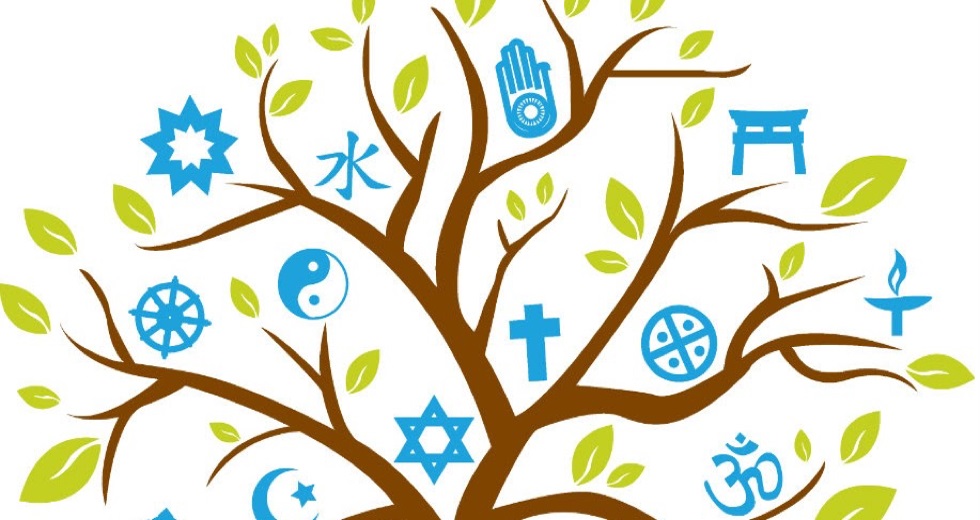
Throughout human history inter-faith harmony has always been important for well-being, peace and progress. In societies where there was harmony among followers of various religions and faiths, there was advance of human welfare. The reverse of this happened when inter-faith harmony was disturbed.
While recognising this continuity of human history, it is important to emphasise that in the present times there are very special reasons due to which inter-faith harmony has become more important than at any other point of human history. The main reason for this is that human beings (and in fact all life forms) are at a very special juncture of earth history, when the basic life-nurturing conditions of our planet are badly threatened.
To understand the very critical times through which all inhabitants of planet earth are passing, the concept of a survival crisis is of crucial importance. Briefly, this concept refers to a range of serious problems which taken together can badly disrupt the special life-nurturing conditions of earth due to which such a wide diversity of life has flourished here. This disruption can take place within the 21st century, in fact as early as within the next few decades. Several very senior scientists have argued along these lines in several statements in recent times.
The serious problems which constitute the survival crisis include nuclear weapons, other weapons of mass destruction including robot or Artificial Intelligence (AI) weapons, climate change, ocean acidification, freshwater crisis, air pollution, disruption of food safety and around half a dozen other serious environmental and safety problems. Most discussion on these dozen or so survival problems takes place in isolation from each other but in the practical world we are more likely to face the combined threat of several of them taken together, increasing the risks.
From the point of view of the welfare of all living beings on earth, this survival crisis constituted by all these problems taken together is clearly the most important issue. This is true for this generation but this is even more true regarding the welfare of future generations, our children and grandchildren as well as the next generations of other life-forms.
The present world leadership and international institutions have miserably failed to find timely and credible solutions for this survival crisis taken as a whole. There are several statements by leading scientists, experts and statesmen testifying to this. In fact, some of the problems which constitute the survival crisis have worsened rapidly in the recent past.
Where then can we find hope? In my recent book on these issues titled Planet in Peril—Survival Crisis, People’s Response Only Way Forward (Vitasta Publishers, Delhi) I argued that the greatest importance must now be accorded at world level to resolving the survival crisis within the framework of justice, democracy and peace. While very significant reforms in governance at world level are needed to find and implement solutions which work, these can come only if there is a great resurgence of people’s movements at the grassroots and a yearning for social values in tune with the big challenges ahead. More specifically I have suggested the coming together of the movements of justice (including gender justice), peace, environment protection, democracy and sincere spirituality to make it possible for people to respond adequately to the challenges ahead. It is tough, it is possible.
For all this to be possible, inter-faith harmony and peaceful coexistence of people of all religions is an essential condition. In other words, the biggest challenges of the survival crisis just cannot be met in conditions of suspicion and hatred created on the basis of religion and faith.
On the other hand, if inter-faith harmony is well-established, then conditions for meeting such real challenges become much more conducive. The kind of mass mobilisation for constructive tasks (such as protection of environment) which is badly needed can be greatly helped if the leaders of all faiths channelise their abilities and energies along desirable lines to promote such constructive tasks.
Hence clearly inter-faith harmony can make a great contribution to resolving the survival crisis. On the contrary, if inter-faith harmony is seriously disturbed, it will become much more difficult if not impossible to resolve the survival crisis.
Some people in the world are devoting their lives to inter-faith harmony (their number should be much more). This is one of the noblest works in the world today. But there is a need for those involved in this to be more closely linked to the wider challenge of resolving the survival crisis as this will help to further enhance the importance and scale of their work.
*The writer is a freelance journalist who has been involved with several social movements.
Related:
UP: ‘Love Jihad’ law catches pace, 2 cases registered in Bareilly
Demand for ‘Hindu Rashtra’ trends on Twitter
Why does Karachi Bakery always give the right wing goons heartburn?
